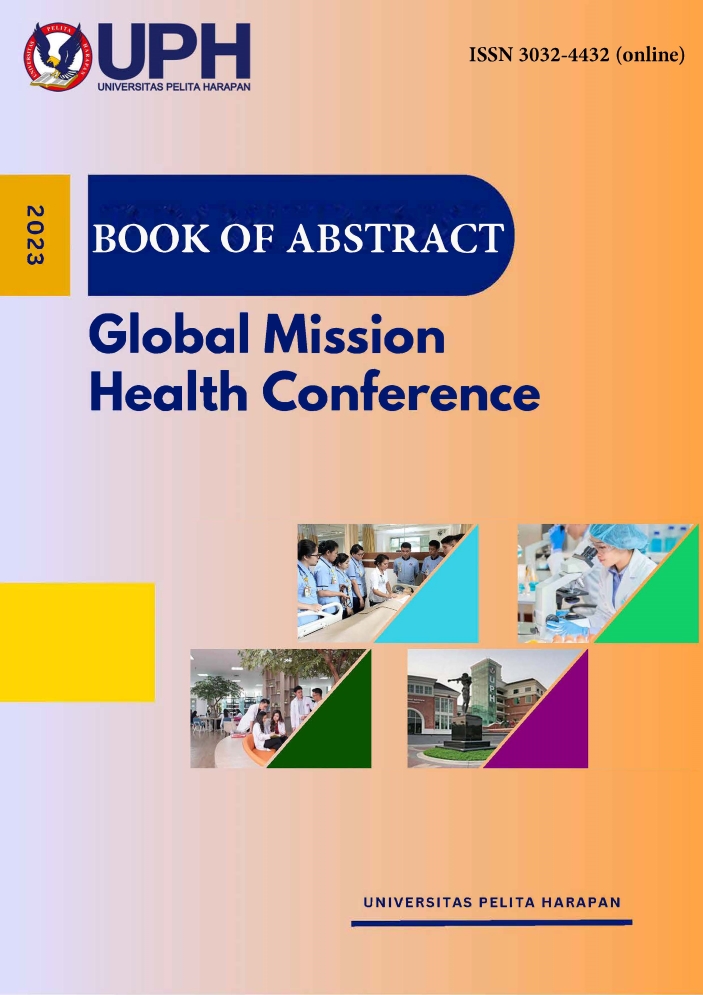ETHIC PROBLEMS IN NURSING RESEARCH WITH CHILD RESPONDENTS: SYSTEMIC LITERATURE REVIEW
Abstract
The involvement of human subjects in research should provide informed consent that complies with
research ethics for the right to autonomy, usefulness, and fairness. Children, as research participants, also
require consent, namely assent and parental consent. In addition, children in their developmental stages need guidance for making decisions to involve in research. This study aimed to identify ethical issues in providing consent to children and recommend effective consent strategies appropriate for children's cognitive development. A systematic literature review was conducted using the Joanna Briggs Institute (JBI) Critical Appraisal. Data collection used four databases: PubMed, Science Direct (Elsevier), EBSCO Host, and Cochrane. The keywords were "Children, Child, Pediatric, Assent, Consent, Informed Consent, Parental Consent, Research Ethics, Nursing Research, Nursing Education Research, and Clinical Nursing Research." A total of eight research year 2014-2021 consisted of seven qualitative studies and one quantitative study, were included in this study. This study revealed four themes: logical thinking and concrete events, supporting children's decisions, peer interaction and media usage, and assent protection from physical and emotional trauma. Further quantitative studies are recommended to examine effective strategies for providing assent, especially aged 7-11 years old.
Keywords: nursing, ethical research, assent, parental consent

